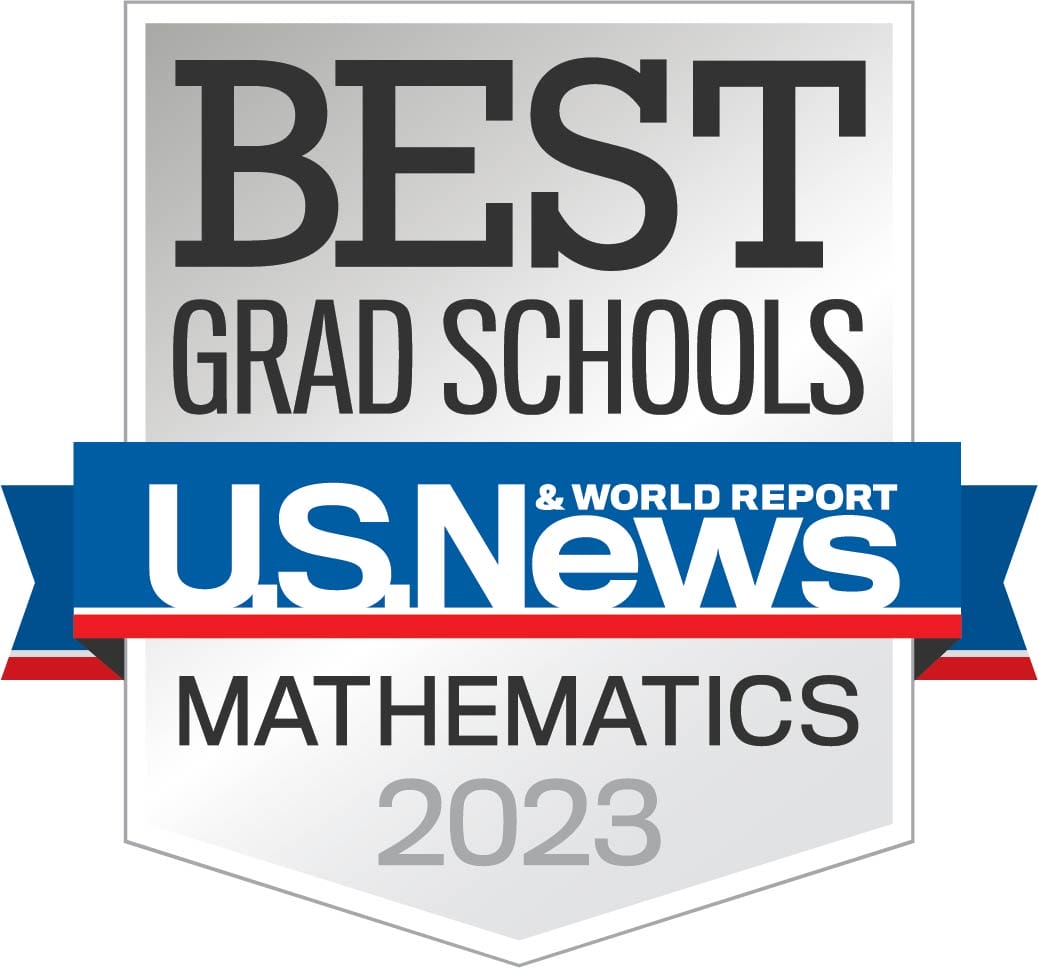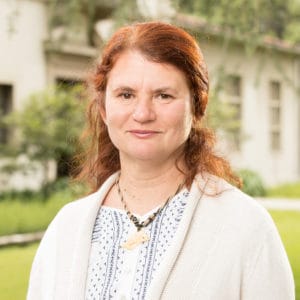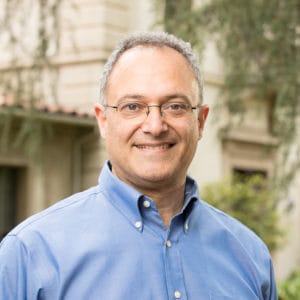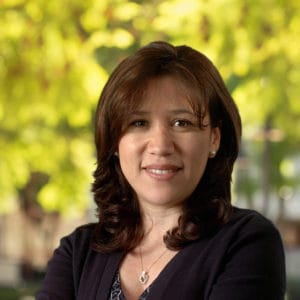View All Mathematics Courses
Degree Requirements
A minimum of eight courses (32 units) of graduate math coursework is required, at least five of which (20 units) must be at the 300-level or higher.
Students who lack the prerequisite undergraduate coursework may be asked to complete more than 32 units. At least 20 units of coursework must be gamma courses (300-level and above). A grade of B- or above must be earned in gamma courses.
Students in the master’s program in mathematics, computational and applied mathematics, and statistical sciences may convert one 200-level (beta) course to gamma credit. At the discretion of the IMS Director, in consultation with the student’s academic advisor, more than one conversion may be approved in exceptional cases.
Core Courses (Four courses – 16 units)
Must include 4 of the following core courses:
- Math 306 Optimization
- Math 362 Numerical Methods for Differential Equations
- Math 368 Numerical Methods for Matrix Computations
- Math 387 Discrete Mathematical Modeling
- Math 388 Continuous Mathematical Modeling
- Math 462 Mathematics of Machine Learning
Restricted Electives
2 restricted electives can be chosen from either the list of core courses, or the following list (not all these courses are offered every year):
- Math 256 Stochastic Processes
- Math 293-393 Mathematics Clinic
- Math 294 Methods of Applied Mathematics
- Math 354 Reliability Theory
- Math 357 Deterministic and Stochastic Control
- Math 358 Mathematical Finance
- Math 359 Computational Statistics
- Math 381 Fluid Dynamics
- Math 382 Perturbation and Asymptotic Analysis
- Math 384 Advanced Partial Differential Equations
- Math 385 Mathematical Modeling in Biology
- Math 386 Image Processing
- Math 389 Advanced Topics in Mathematics (if appropriate, with advisor’s approval)
Independent Study
In lieu of one formal course, students may take Math 398 Independent Study with a research advisor leading to a publication quality technical report in an area of computational or applied math.
Subject to approval by their academic advisor, students working outside campus on mathematical/statistical projects may also use this professional experience as the basis of a Math 398 Independent Study. At most 2 units per semester can be acquired in this practical type of independent study, which will not be counted as a gamma course.
Accelerated Degree Option
Undergraduate students at the Claremont Colleges (Pomona, Scripps, Claremont McKenna, Harvey Mudd, Pitzer) can obtain a graduate degree on an accelerated track through the Claremont Graduate Scholars Program, working toward the master’s requirements simultaneously with the completion of an undergraduate degree. Up to 16 units of transferable credit can be earned upon admission to one of our master’s degree programs. Students are eligible for a minimum fellowship award of $6,500 per semester at CGU, based on 12 units of enrollment. Apply Here
Recent alumni of the Claremont Colleges (Pomona, Scripps, Claremont McKenna, Harvey Mudd, Pitzer) can obtain a graduate degree on an accelerated track through the Claremont Graduate Scholars Program. For alumni who have graduated within the past five years, up to 12 units of transferable credit can be earned upon admission to one of our master’s degree programs. See program-specific details for restrictions on applicable coursework. Students are eligible for a minimum fellowship award of $6,500 per semester at CGU, based on 12 units of enrollment. Apply Here
 Mathematical modeling and scientific computing have become increasingly useful problem-solving tools. You’ll learn analytical and numerical methods of applied mathematics, applying them to problems in physics, biology, engineering, economics, climate science, and more. You’ll work alongside faculty who have extensive backgrounds in applied mathematics, computational science, statistics, financial engineering, industrial modeling, and related fields. Our program produces educated, capable practitioners who excel at communicating knowledge and solving complex mathematical challenges across disciplines. Join a new generation of mathematical scientists ready for leadership roles in education, industry, government laboratories, technology companies, and more.
Mathematical modeling and scientific computing have become increasingly useful problem-solving tools. You’ll learn analytical and numerical methods of applied mathematics, applying them to problems in physics, biology, engineering, economics, climate science, and more. You’ll work alongside faculty who have extensive backgrounds in applied mathematics, computational science, statistics, financial engineering, industrial modeling, and related fields. Our program produces educated, capable practitioners who excel at communicating knowledge and solving complex mathematical challenges across disciplines. Join a new generation of mathematical scientists ready for leadership roles in education, industry, government laboratories, technology companies, and more.







